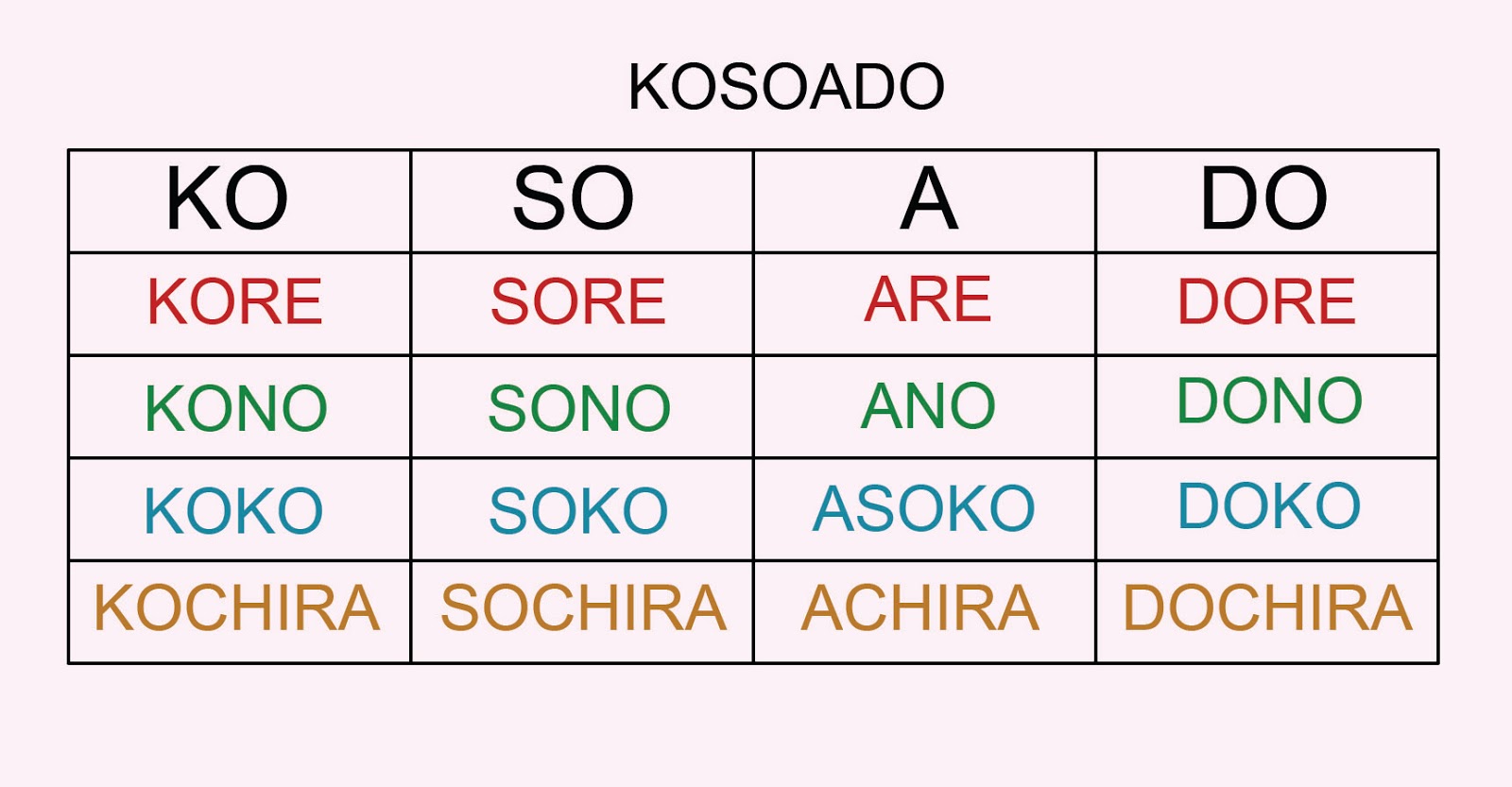
HIKARIU
1. どういたしまして (Douitashimashite) If you've ever taken a Japanese class, this is probably the phrase that you learned. "どういたしまして" (Douitashi mashite) is translated most often to "y ou're welcome." It's a great phrase to use with your friends, family, and peers.
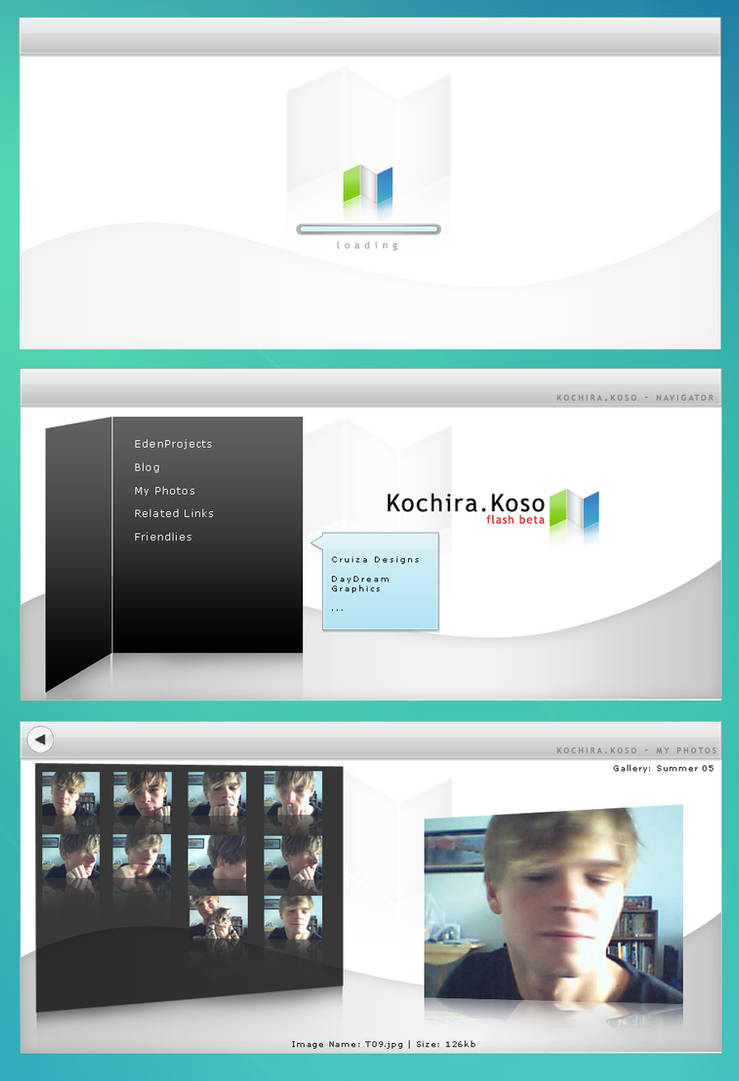
Kochira Koso Flash Beta Prev by edenprojects on DeviantArt
1. Dou Itashimashite - You're Welcome (formal) This is the standard reply that Japanese textbooks teach you to use when someone says "Arigato" or "Arigato gozaimasu". Dou itashimashite (どう致しまして or どういたしまして) means " You are welcome ", " Don't mention it ", " Not at all ", or " My pleasure ".

All About Japanese Particles こそ (koso) Japanese Quizzes
Search Meaning of kochira koso kochira koso What does kochira koso mean? kochira koso ( Japanese) Romanization kochira koso Romaji transcription of こちらこそ This is the meaning of こちらこそ: こちらこそ ( Japanese) Idiom こちらこそ ( hiragana , romaji ) ( used as a response) I'm the one that should really be saying that.
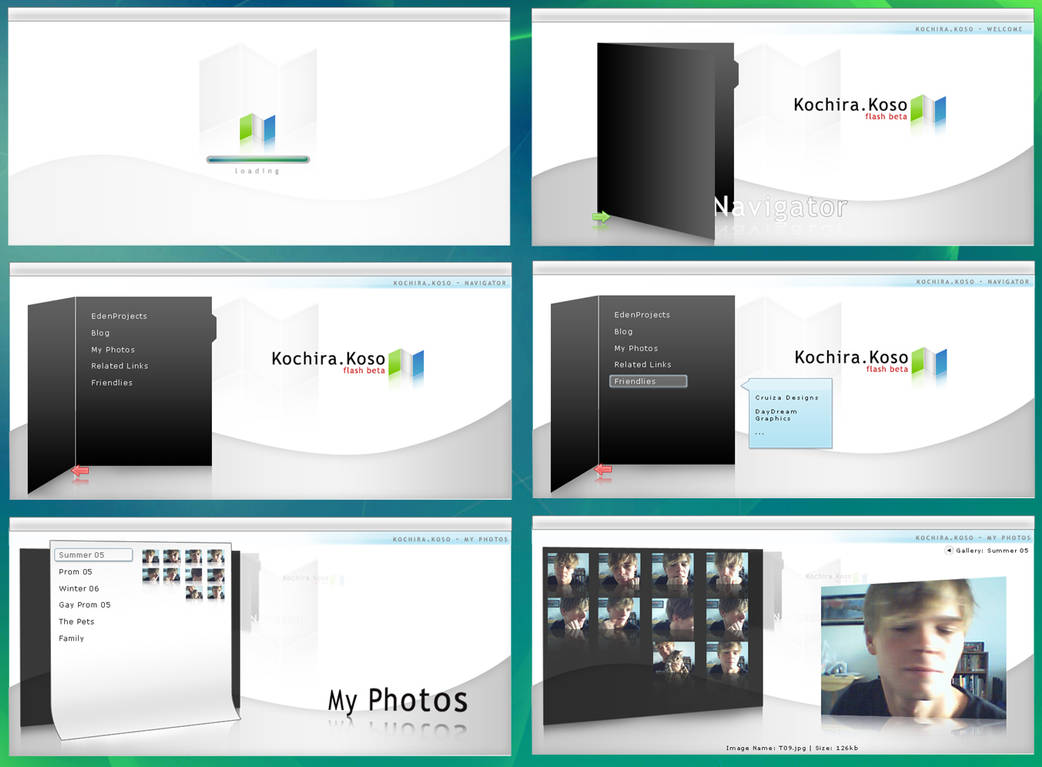
Kochira Koso Flash Beta Prev 2 by edenprojects on DeviantArt
"こちら (Kochira)" refers to over here but can also be used to refer to me, Myself. "こそ (Koso)", refers to for sure and can be used to place emphasis on the preceding word. When the words are put together, it would mean "(Surely it should be me) It is I, who should say so" and can often be used when someone thanks you for.
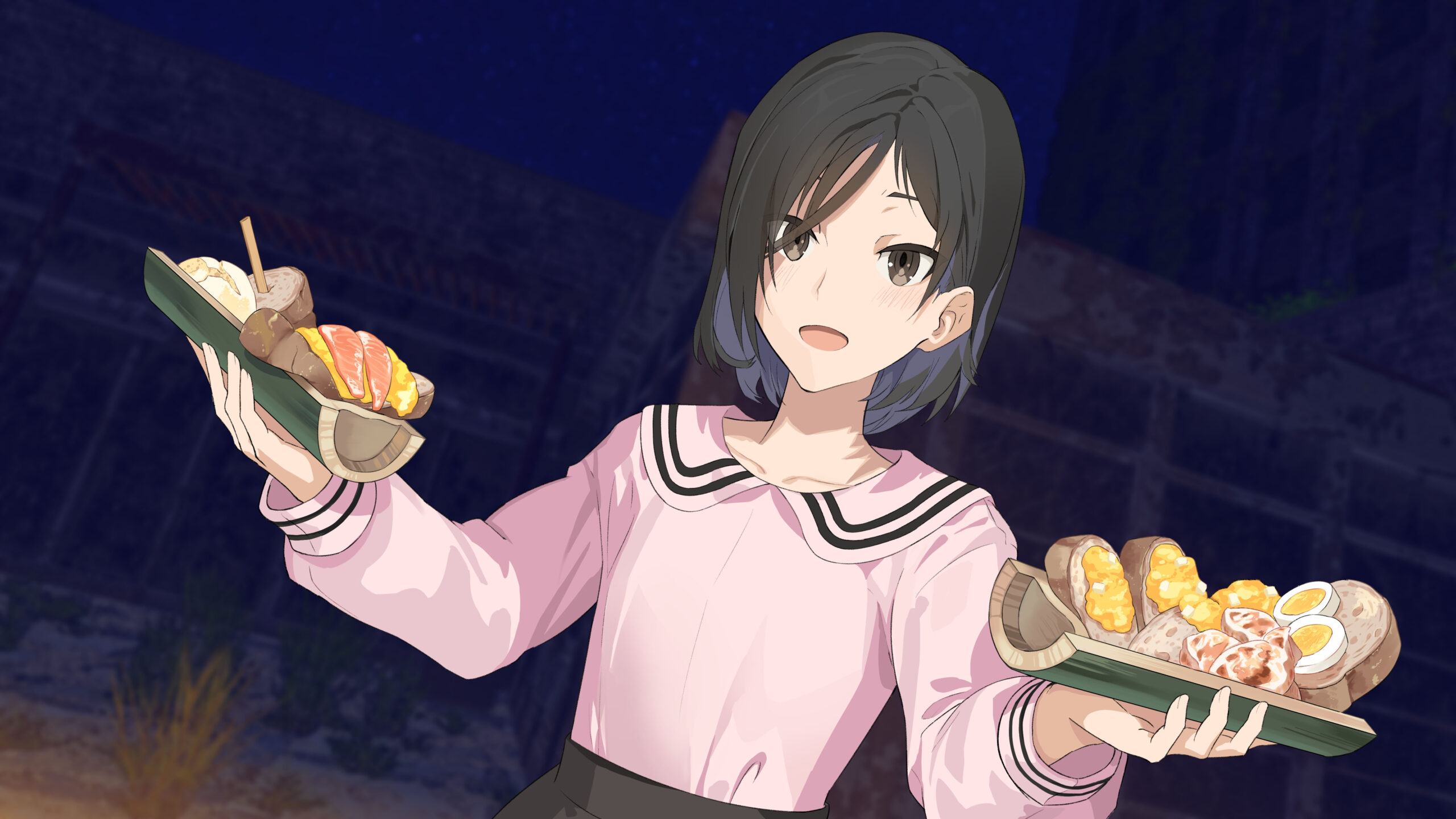
La visual novel ‘Kochira, Haha Naru Hoshi Yori’ nos presenta sus
Kochira koso has a meaning of 'I should be the one thanking you' or politely saying 'right back at you!'. People often say Kochira koso arigatou gozaimasu, which translates to 'Thank you too' but the actual meaning is my pleasure. Tonde mo gozaimasen. とんでもございません. I feel sorry that you thanked me
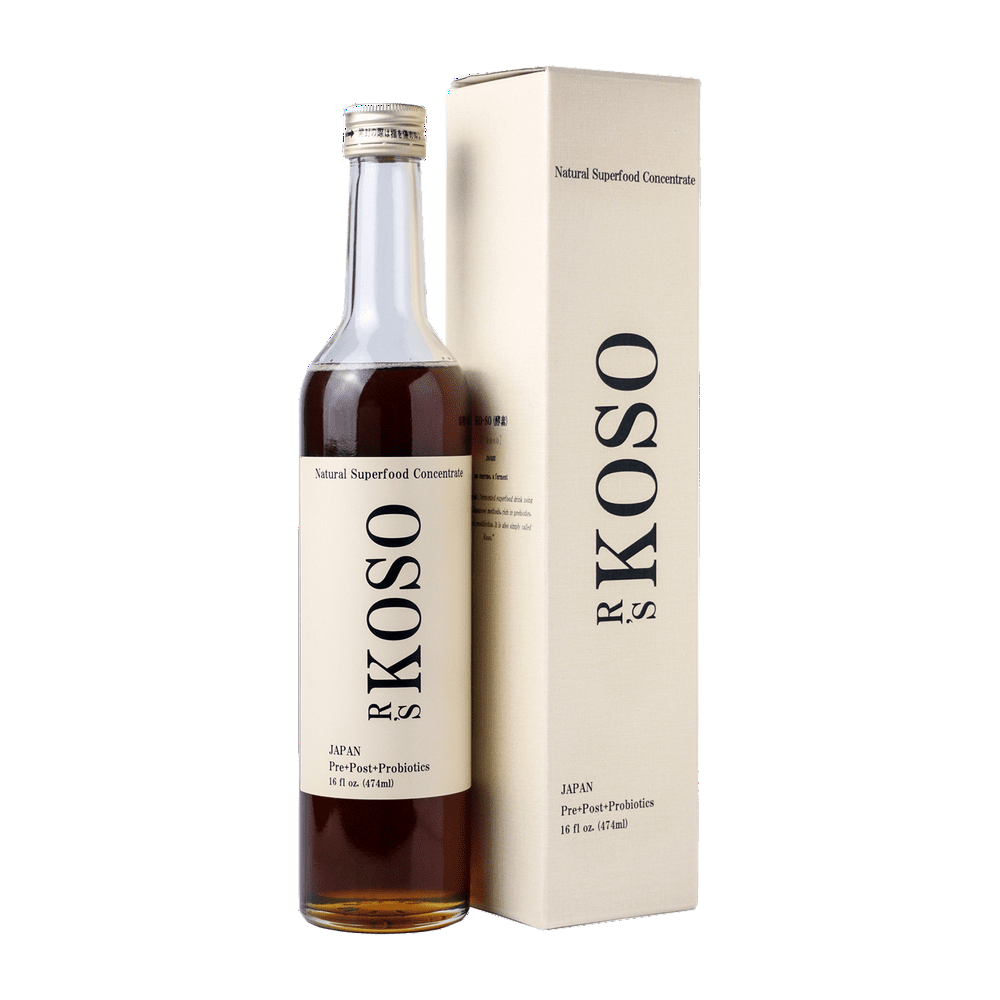
R's KOSO Japanese Postbiotic Drink (474ml / 16oz)
From introducing yourself to someone for the first time, to asking another person for a favour, the phrase yoroshiku onegaishimasu, よろしくお願いします is an essential part of Japanese language. You hear and use it everywhere, but it can be challenging to understand how to use "yoroshiku onegaishimasu", or if it needs to be used at all. Various meanings
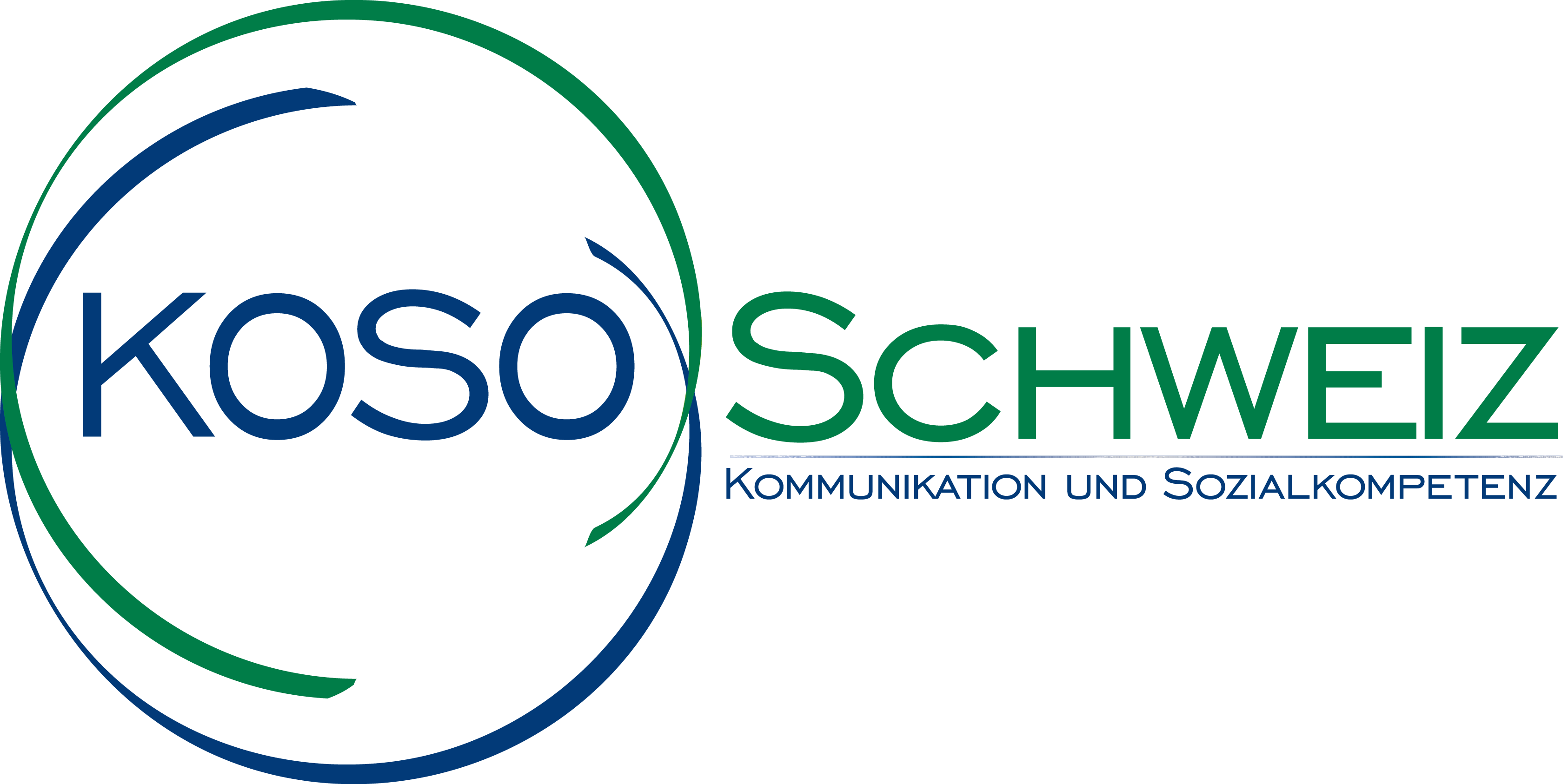
KoSo
- Kochira koso, yoroshiku onegaishimasu. Sato: Hi, my name is Sato. Louise: My name is Louise. Nice to meet you. Sato: Nice to meet you too. A greeting, similar to "nice to meet you" is used in this case. It is not very difficult to translate as similar expressions exist in every language.

Usos de KOCHIRA KOSO こちらこそ JLPT N5 Curso NOKEN YouTube
こちらこそ • ( kochira koso ) (used as a response) I'm the one that should really be saying that. literally: this way, for sure; as in the thanks/apology should really be going this way (your way) A: 「 どうも ありがとう 。 」 B: 「 こちらこそ 。 」 A: "Dōmo arigatō." B: " Kochira koso ." A: "Thank you very much." B: "No, thank you ." A: 「 ごめんなさい 。 」 B: 「いいえ、 こちらこそ 。

อ่าน Kochira Isekai de yoroshikatta deshou ka? ตอนที่ 0 0 TH แปลไทย
Native speakers say "kochira koso" to mean 'thank you, too', 'you, too', 'me, too', 'my pleasure, too', or such in Japanese. Perhaps, some Japanese learners know this phrase as it is sometimes used in Japanese conversations. In this blog post, however, I will explain it in detail based on its grammatical components.
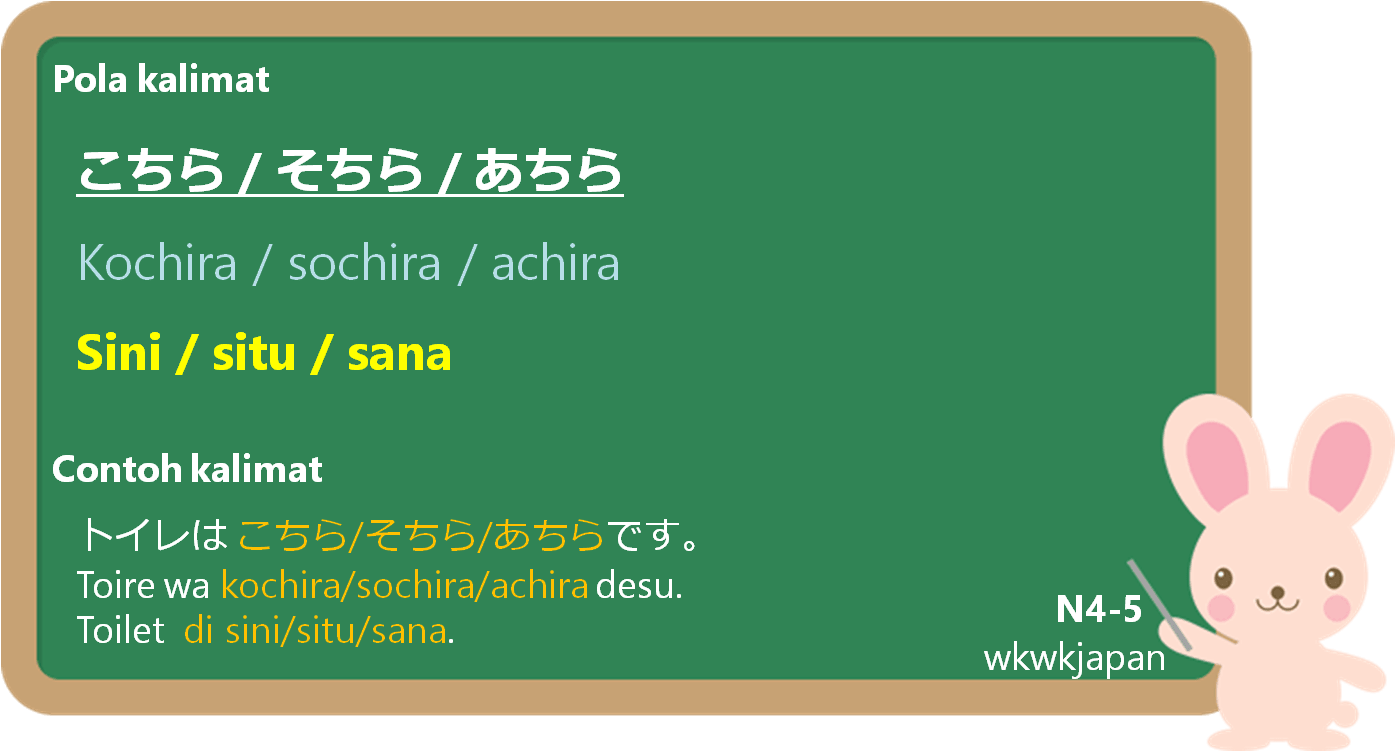
Kata Penunjuk Kochira, Sochira, dan Achira Belajar Bahasa Jepang
どうもありがとう。 Domo arigato. Thank you very much. Domo arigato (sometimes transcribed in "Doumo arigatou") is a way of saying "Thank you very much" in Japanese. The combination of Domo with Arigato has the effect of reinforcing the power of your thanks. Arigato gozaimasu, a formal thank you ありがとうございます。 Arigato gozaimasu. Thank you.
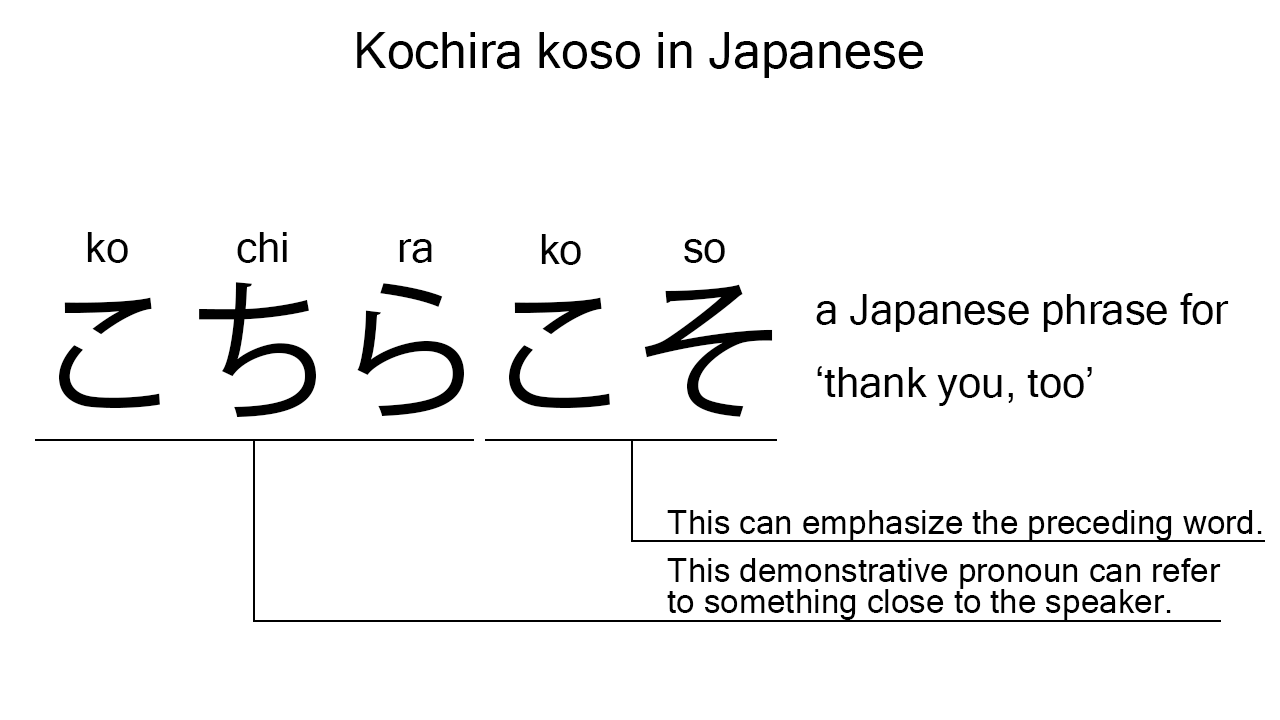
Kochira koso can mean 'thank you, too' in Japanese, explained
こちらこそ (kochira koso) どうぞ よろしく おねがいします (douzo yoroshiku onegaishimasu) わたしはたなかです (watashi wa tanaka desu) The meanings are: The pleasure is all mine. I am pleased to meet you. (Literally the meaning for this sentence is "Please form good relations with me" or "Please take good care of me") My name is Tanaka.
¿Qué significa "Kochira koso" en Japonés? HiNative
15. Kochira Koso Arigatou Gozaimasu (こちら こそ ありがとう ございます) Doitashimashite (どいたしまして) and Kochira (こちら こそ) Now that we have discussed all the ways to say thank you in Japanese, we need to know how to respond when someone says thank you. For example, we want to reply "You are welcome" which.
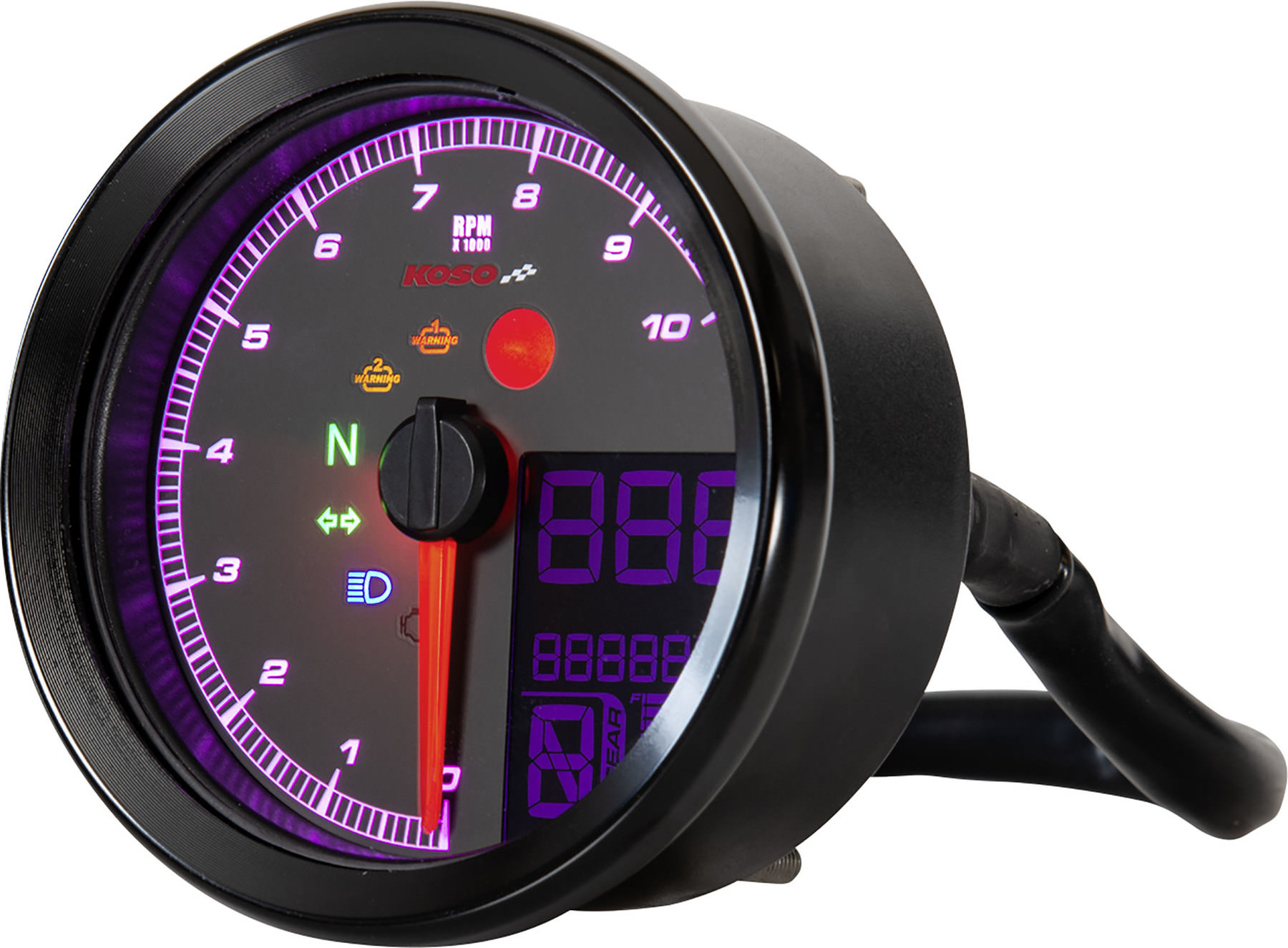
Koso KOSO TNT04 BLACK MULTIFUNCTION INSTRUMENT
You can simply say "kochira koso" (こちらこそ) or the longer form "kochira koso yoroshiku onegaishimasu" (こちらこそよろしくお願いします) This means something like "It's nice to meet you too" in this context.

R's KOSO Japanese Prebiotic Drink (474ml / 16oz) * 12 bottles
Kochira koso yoroshiku onegaishimasu O ai dekite ureshii desu O ai dekite kouei desu O me ni kakate kouei desu Don't forget to bow! Common ways to say nice to meet you in Japanese Hajimemashite はじめまして Nice to meet you Hajimemashite, which can be written 初めまして or はじめまして, is the standard phrase that Japanese people say when they first meet someone.

How to pronounce 'Kochira koso yoroshiku' (I am pleased to meet you
You can use this phrase in response to someone asking what you think about a matter, and it essentially means "You tell me first". Another common phrase is when you add "koso" after "dakara" ("that is why") to end up with "dakara koso".

Koso hosted at ImgBB — ImgBB
Idiom. こちらこそ ( hiragana , romaji ) ( used as a response) I'm the one that should really be saying that. literally: this way, for sure; as in the thanks/apology should really be going this way (your way) A: 「 どうも ありがとう 。. 」 B: 「 こちらこそ 。. 」.